frogmaster-riviera
Bronze Member
Hi all,
Did a few metal detects since 1st Jan 2016 but nothing really of interest due to difficult sea conditions, temperature and visibility. Spring represents the kick off for the underwater detecting season!
Many of you think or are thinking of scuba detection as an alternative to shallow/surf metal detection. I always enjoy to answer and try to help as much as I can MD Guys willing to discover this fantastic way of enjoying our hobby.
This my preparation for scuba detecting, most of the time alone and try to keep safety at the highest possible level.
I know we are several divers on this forum and I hope they will share their experience!
1/ Take care to yourself, remain in healthy condition
- At least walk, ride a bicycle 4 hours per week divided in 3 or 4 sessions
- Take care to you fat, it is the place where nitrogen remains...less you have fat, less nitrogen accident you will have
- Swim an hour at least once week
Compared to exploration dives, scuba detection is far more physical demanding. You can remain more then 3H at low depth and you don't only use you eyes... you have to use your hands and arms to dig, dig and dig !
2/ Save oxygen to stay more and be more efficient
The difference between a diver in good physical condition and a casual diver is huge in terme of Air consumption, I found it is not rare to have 35% to 40% difference.
It means that you can stay twice more or twice less depending of your breathing and heart efficiency underwater.
I have never been a "low consumption diver" and most of the time during a dive, I'm the first to run out of gas. There is the training and individual parameters on which you can't really do something about it.
Here is the major part of my scuba detection season preparation: Apnea between -6m and -25m (-17ft => -88ft)
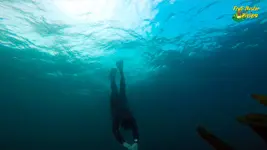
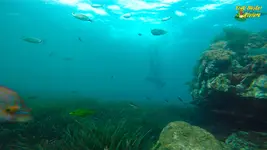
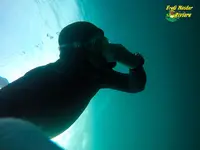
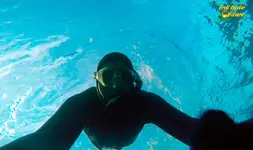
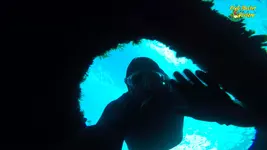
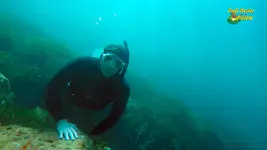
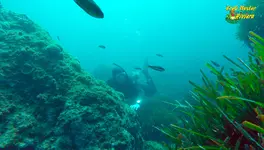
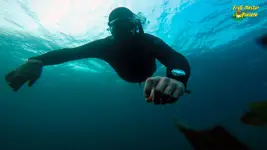
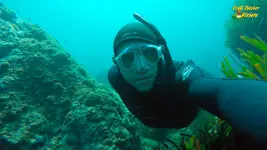
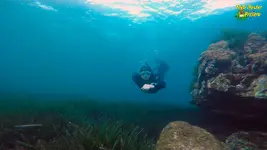
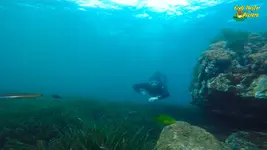
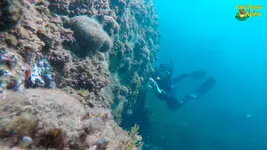
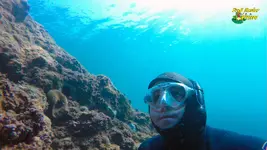
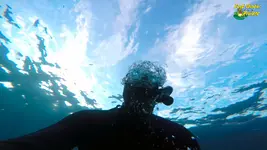
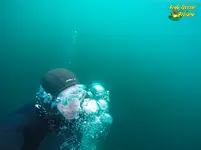
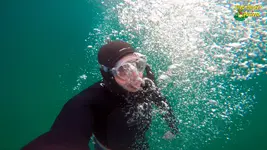
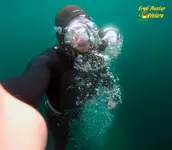
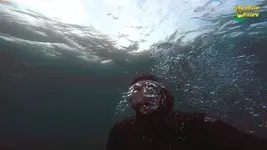
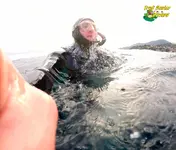
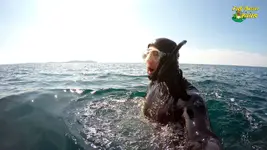
Did a few metal detects since 1st Jan 2016 but nothing really of interest due to difficult sea conditions, temperature and visibility. Spring represents the kick off for the underwater detecting season!
Many of you think or are thinking of scuba detection as an alternative to shallow/surf metal detection. I always enjoy to answer and try to help as much as I can MD Guys willing to discover this fantastic way of enjoying our hobby.
This my preparation for scuba detecting, most of the time alone and try to keep safety at the highest possible level.
I know we are several divers on this forum and I hope they will share their experience!
1/ Take care to yourself, remain in healthy condition
- At least walk, ride a bicycle 4 hours per week divided in 3 or 4 sessions
- Take care to you fat, it is the place where nitrogen remains...less you have fat, less nitrogen accident you will have
- Swim an hour at least once week
Compared to exploration dives, scuba detection is far more physical demanding. You can remain more then 3H at low depth and you don't only use you eyes... you have to use your hands and arms to dig, dig and dig !
2/ Save oxygen to stay more and be more efficient
The difference between a diver in good physical condition and a casual diver is huge in terme of Air consumption, I found it is not rare to have 35% to 40% difference.
It means that you can stay twice more or twice less depending of your breathing and heart efficiency underwater.
I have never been a "low consumption diver" and most of the time during a dive, I'm the first to run out of gas. There is the training and individual parameters on which you can't really do something about it.
Here is the major part of my scuba detection season preparation: Apnea between -6m and -25m (-17ft => -88ft)




















Last edited:
Upvote
0






